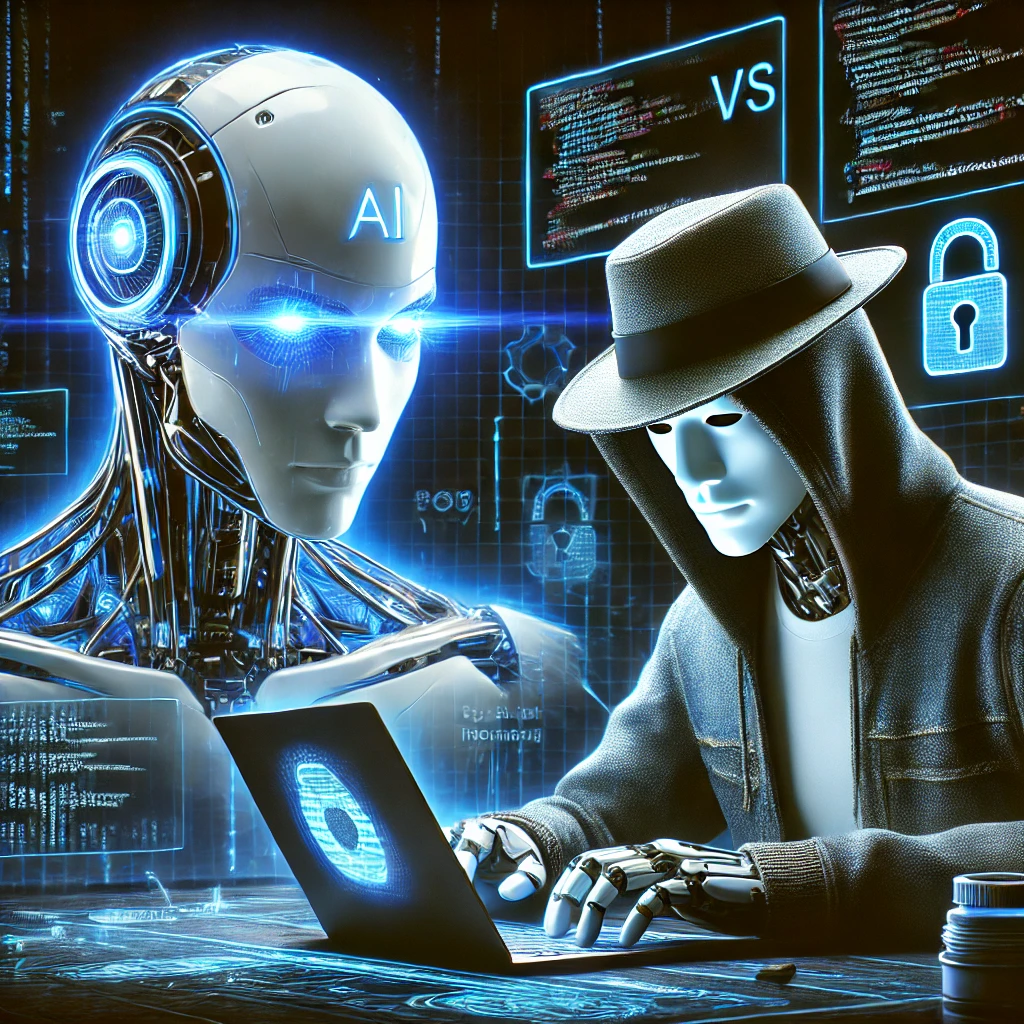The Rise of AI in Cybersecurity
AI revolutionizes cybersecurity by automating threat detection, vulnerability analysis, and attack prevention. Companies now rely on machine learning algorithms to detect cyberattack patterns, analyze malware, and stop breaches before they happen.
- AI-powered tools like Darktrace use self-learning AI to detect anomalies in a company’s network and respond in real time.
- Google’s Chronicle utilizes AI to predict security threats and provide deep threat intelligence.
- 010grp group provides AI-powered cybersecurity solutions that combine advanced machine learning with expert ethical hacking to detect and neutralize threats before they cause harm.
With AI improving every year, it seems like machines are on their way to making ethical hackers obsolete. But are they?
What Ethical Hackers Bring to the Table
White hat hackers—ethical hackers who test security systems to find weaknesses before cybercriminals do—play a crucial role in cybersecurity. AI can identify suspicious activities, but it cannot think outside the box, which is where human hackers shine.
- Hackers understand human psychology and can anticipate how real attackers think and exploit vulnerabilities AI might overlook.
- They can bypass AI-based defenses using adversarial attacks, tricking AI models into making the wrong decisions.
- They perform penetration testing, actively probing systems in a way that AI cannot replicate.
White hat hackers don’t just react to threats; they proactively test and strengthen systems before an attack happens.
The Limitations of AI in Cybersecurity
While AI is powerful, it still has significant flaws:
- False Positives & False Negatives – AI often flags harmless activities as threats or misses actual attacks because it follows patterns rather than intuition.
- Lack of Creativity—Cybercriminals constantly develop new attack techniques. AI can only recognize known patterns, but hackers can invent new attack methods that AI has never seen before.
- Vulnerability to Adversarial Attacks – Hackers can manipulate AI by feeding it false data, tricking it into ignoring real threats, or letting malware slip through.
We can also see AI’s Limitations in the real world:
In a notable incident, researchers demonstrated that adding a small piece of tape to a speed limit sign could trick an AI-powered autonomous vehicle into misinterpreting the speed limit, causing it to accelerate dangerously. This example highlights how AI systems can be deceived with minimal effort, underscoring the necessity for human oversight and intervention.
Can AI and White Hat Hackers Work Together?
Instead of viewing AI as a replacement for ethical hackers, the future lies in collaboration. AI and human hackers together create the most vigorous defense.
- AI can analyze massive amounts of data quickly, identifying potential threats.
- Ethical hackers can interpret AI findings, investigate false positives, and find creative ways to break into systems before bad actors do.
- AI-assisted penetration testing tools, like IBM Watson for Cyber Security, already help ethical hackers speed up investigations.
How we at 10grp group Approach to AI & Ethical Hacking
At 010grp, we believe in combining AI-powered cybersecurity with expert ethical hacking techniques. Our approach ensures that no vulnerability goes unnoticed, whether by machine or human intelligence.
- AI-driven threat detection to monitor networks 24/7.
- Ethical hacking services to simulate real cyberattacks and strengthen defenses.
- AI-assisted penetration testing to uncover even the most hidden security flaws.
Want to see how this dual approach can protect your business? Contact us today for a cybersecurity solution leveraging AI and human expertise.

